Brussels Newcomer Essentials: What to Know Before You Move
Brussels Newcomer Essentials: Part 1 – Know Before You Go 🌍
If you’re planning a move to Brussels, the best thing you can do is prepare well before your arrival. The Belgian capital is welcoming and international, but its quirks – from commune registration to strict recycling rules – can be confusing for newcomers.
This practical guide is designed to help you make the right decisions before you move. At Morton Place, we have been welcoming to young professionals to our homes for over 15 years and we know first hand the challenges they face. These are our the lessons we’ve learned.
Over 40,000 newcomers settle in Brussels every year, the city is ready to welcome you and, if you need help, it’s never far away. Make use of the Brussels Expat Welcome Desk which has hand online tips as well as in person support. Don’t hesitate to contact them with a question!
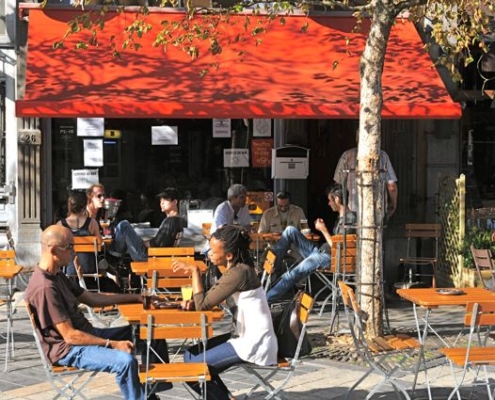
The lively Parvis area in Saint-Gilles is a favorite for newcomers thanks to its café culture and weekly markets.
1. Figure out your housing and neighborhood
Brussels is made up of 19 communes, each with its own post code and distinct atmosphere. Etterbeek (1040) and Ixelles (1050) – especially the lively Chatelain area – are popular with EU staff and professionals because of their proximity to the European institutions and abundance of cafés and shops. Saint-Gilles (1060) is another favorite for those seeking a creative, cosmopolitan vibe. Brussels has many green, leafy areas that are quieter than the inner city, areas such as Woluwé, Uccle and Stockel have a more calm, suburban atmosphere. The closer you are to the center of Brussels, the more urban and lively life is. Think about what sort of setting is best for you.
When choosing where to live, consider commute time, public transport access, green space, and amenities. There’s a wide range of housing quality and prices, even within the same commune.
See our full guide to Brussels neighborhoods ➜
2. What’s your Budget?
Your first task is to figure out what your net salary is going to be. Taxes and deductions can vary depending on whether you work for the European Institutions or as a local hire. If you work as a local hire, you can figure our your net monthly income using various calculators eg. Securex Calculator . If you are considered a contractor or an “independent” then your net will be different. Most salaries are paid out for 13.85 months in Belgium (12 months, plus 1 holiday month in June and .85 end of year bonus), but the tax for the 1.85 extra months is higher than the tax on your monthly salary.
Brussels is generally more affordable than Paris or Amsterdam. In addition to rent, you’ll need to budget for utilities, a security deposit (usually one to two months’ rent), public transport passes, and essentials for your home. Ask your landlord to clarify additional charges: many rentals include a monthly “forfait” (fixed fee) for utilities that will be reconciled against actual usage at year-end. Unexpected bills can arise if you’ve used more than estimated. Plan for at least €1,200–€1,500/month if renting solo, or €850–€1,200 in a flatshare or coliving space.
3. Make sure your phone and banking work from day one
One of the biggest frustrations on arrival is not having easy internet or payment options. Before you leave, check if your existing mobile plan includes affordable EU roaming and ensure you can use data in Belgium. If your plan is expensive abroad, consider getting a temporary eSIM (like Airalo or Holafly) so you’re connected from the moment you land. You can easily purchase a pay as you go sim from one of the Belgian providers (Proximus, Orange, or Base) on arrival, and switch to a more economical subscription once you’ve got a resident card.
Banking is equally important: many foreign bank cards charge fees. Consider setting up an account with Wise or Revolut before you arrive so you can pay locally without extra charges. If you’re staying long-term, you may need a Belgian bank account (ING, KBC, BNP Paribas) to pay rent and set up direct debits.
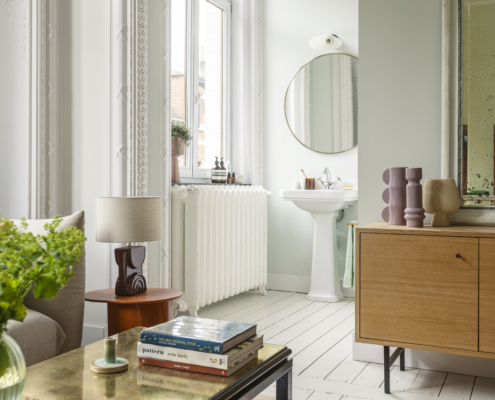
Furnished interiors at Morton Place make it easier for newcomers to settle in quickly and feel at home.
4. Admin: Get familiar with communes, domiciliation and registration
Your commune is your local authority, and you must register there within 8 days of arrival. Registration is essential for your legal residency, healthcare access, and even for opening certain bank accounts. A few weeks after registering you’ll receive a Belgian resident ID card, which allows you to use the ItsMe digital identification system for almost all public services.
As part of registration, you’ll need to complete domiciliation – officially registering your address at the commune. This is required by law and unlocks practical necessities like healthcare reimbursements and tax registration. Confirm that domiciliation is allowed in your lease or coliving agreement before signing.
Tip: Communes often ask for a copy of your lease as proof of address, but this is not legally required. Other valid proofs (e.g., landlord attestation or a utility bill) are acceptable.
Once your file is submitted, a police officer will visit your home to verify you live there. Failing to register can lead to a non-resident tax of €1,300+ per year.
5. Set expectations for everyday life
Brussels has its quirks, and knowing them in advance can reduce culture shock. Most shops close on Sundays, recycling schedules are strict, and the weather can change dramatically in a single day. Some areas are more bike friendly than others and if you’re coming from other European capitals you might find it less pristine. But it’s charms are bound to grow on you!
For reliable local updates, follow Brussels Times, Bruzz, or The Bulletin. You can also browse the Brussels Reddit thread or expat Facebook groups for niche questions and community insights.
What’s Next?
Now that you’ve covered the essentials before your move, it’s time to focus on what you need to do in the weeks leading up to your arrival. In
Part 2: To‑Do Before Moving ➜, we’ll cover: securing your housing, healthcare, utilities, and moving logistics.
Sign up for our newsletter to receive each part of the series straight to your inbox, plus downloadable checklists and insider tips from Brussels locals.
Thinking about coliving in Brussels?
If you’re looking for a flexible housing option that already allows domiciliation and connects you with a ready‑made community, coliving might be the perfect fit. At Morton Place, we welcome professionals and newcomers year‑round.
Explore our coliving houses ➜
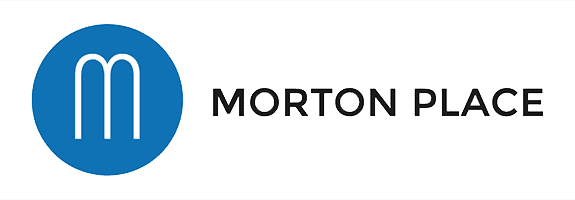
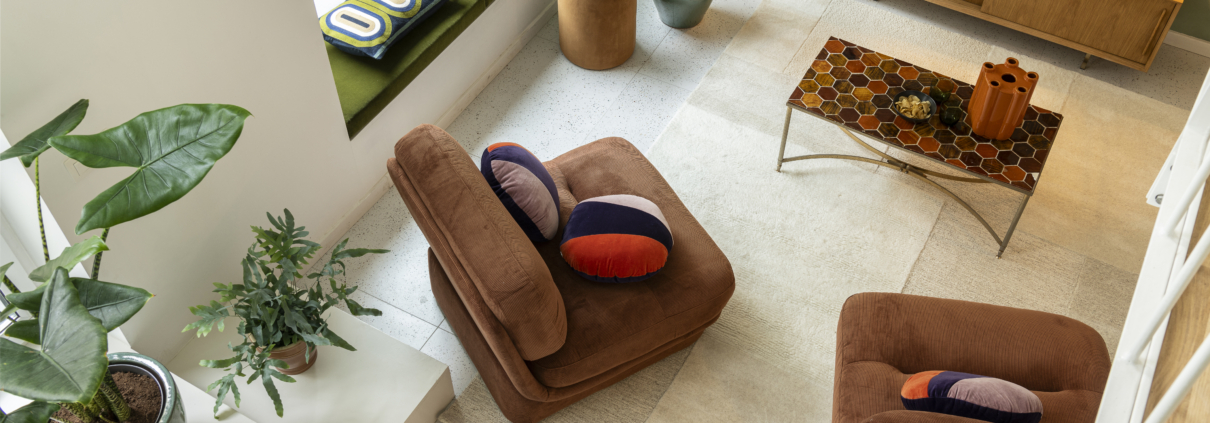
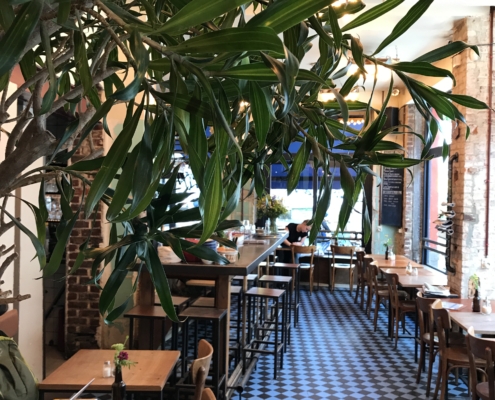

 MORTON PLACE
MORTON PLACE
 Warwick Hotel
Warwick Hotel  MP Holdings
MP Holdings